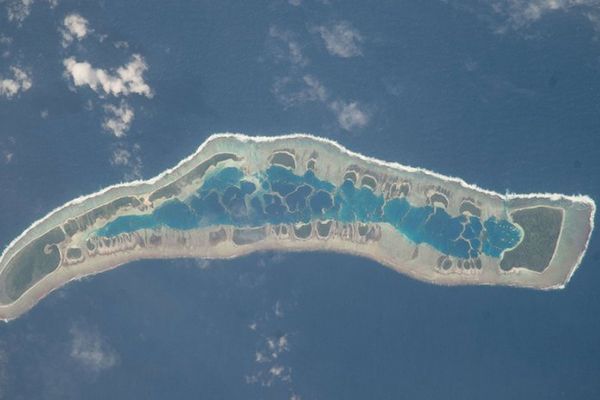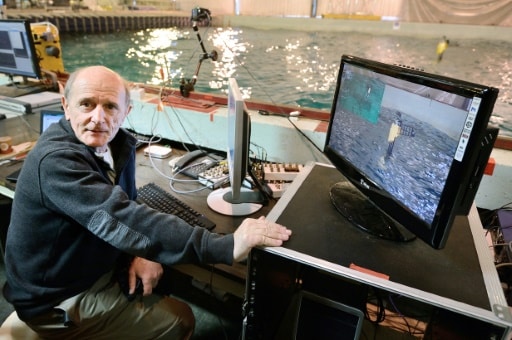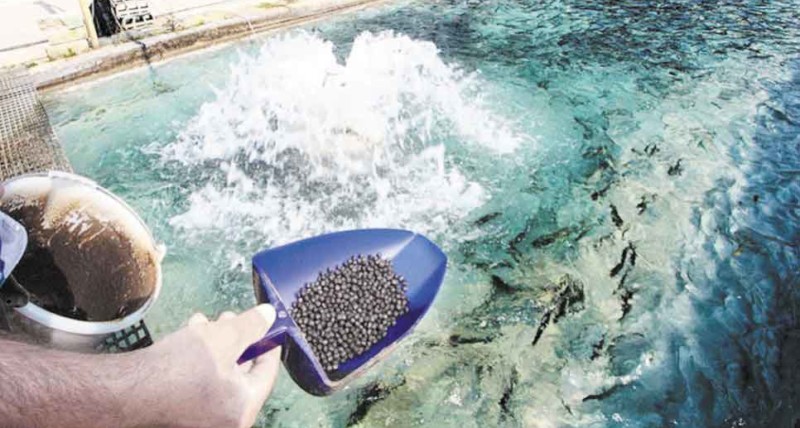Kiribati Islands in the Pacific Consider ‘Potential Collaboration’ with China for Seabed Exploration
The Pacific island nation of Kiribati has announced that it is considering a « potential collaboration » with China to explore its mineral-rich seabed, an activity criticized for its environmental risks.
Kiribati in Talks with China Over Seabed Exploration Agreement
The government of this Pacific island nation, home to 130,000 people, has announced that it has begun discussions with China’s ambassador to Kiribati, Zhou Limin, following the failure of an agreement with the Canadian company The Metals Company to explore its seabed resources. As a result of these discussions, the Kiribati government stated that there was an « interesting opportunity to consider a potential collaboration for the sustainable exploration of [its] seabed resources, » according to a statement released on Monday, March 17, 2025.
In February, the Cook Islands signed an agreement with China for deep-sea mining.
Kiribati has strengthened its ties with China since severing diplomatic relations with Taiwan in 2019. This microstate holds deep-sea mining exploration rights over a 75,000 km² section of the Pacific Ocean. Meanwhile, China is seeking to expand its military, economic, and diplomatic influence in the Pacific by engaging with small island nations, often at the expense of traditional powers in the region, such as the United States, Australia, and New Zealand.
Polymetallic Nodules
For Kiribati’s opposition leader, Tessie Lambourne, China appears to be seeking access to « our maritime space for its own interests. I have always said that our government bends over backward to please China. » In February, China signed an agreement with the neighboring Cook Islands to work for five years in collaboration with this microstate to explore its deep-sea mineral resources.
Deep-sea mining remains highly controversial. Companies in the sector hope to one day make billions of dollars by extracting polymetallic nodules—potato-sized mineral deposits rich in manganese, cobalt, copper, and nickel—from the seabed. These metals are essential for manufacturing electric batteries. However, environmental advocates warn that this process could devastate marine ecosystems and emphasize the many unknown risks associated with such extraction.
Source: francetvinfo




